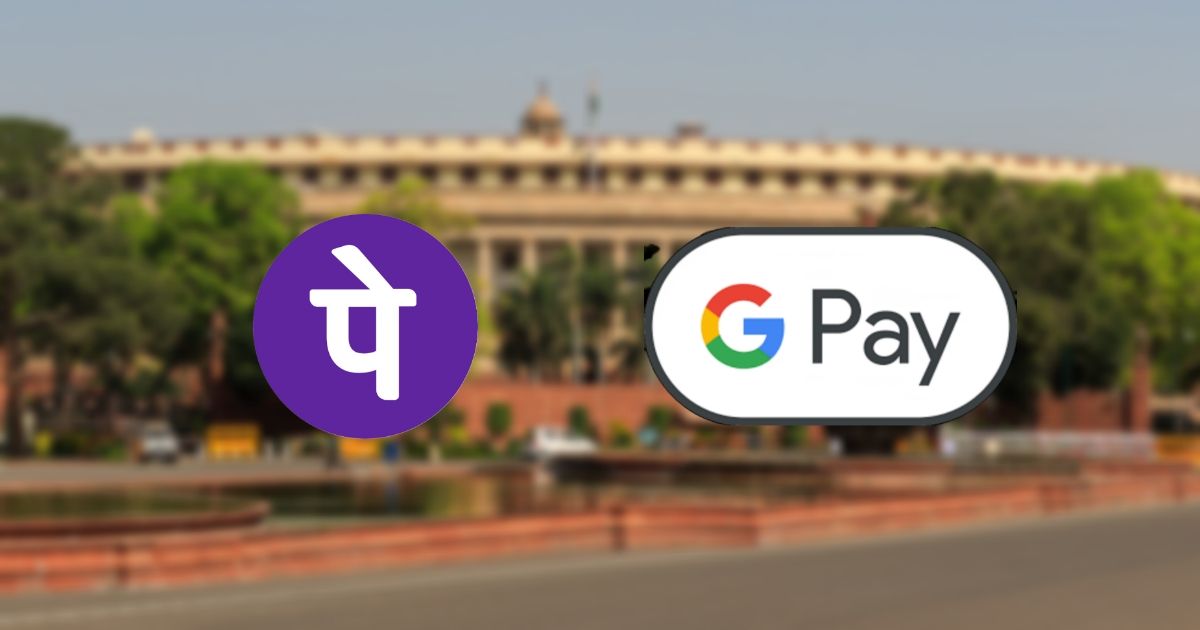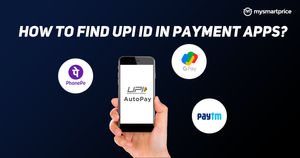
The Indian parliament has expressed several red flags over the influence of foreign-owned UPI payment apps, namely Google Pay and PhonePe. Together, both these apps control over 83% of the total UPI transactions in the country. The parliamentary panel wants to promote indigenous payment apps, as the home-grown BHIM App only has a market share of 0.22%.
The dominance of Google Pay and PhonePe has existed for almost half a decade. In 2020, the National Payments Corporation of India (NPCI) which regulates the UPI infrastructure suggested that a single payments app should not have a market share of more than 30%. However, this proposal was not enforced.
The ongoing saga of Paytm Payments Bank has now revived the same suggestion. Paytm’s failure to comply with regulations has worried over 47 million merchants across India who accept UPI payments using the company’s QR code. If Paytm does not find a solution before the deadline of February 29, all the merchant QR codes could potentially turn useless.
This clearly shows that a monopoly of a single app can create chaos in the entire payments industry if the app goes down for any reason. To avoid this situation with UPI payments, the Indian parliament is keen on introducing caps on the maximum market share of a particular app. While the idea sounds good, it could hurt the business of Google Pay and Walmart-backed PhonePe.
Currently, the government has not brought any new regulations over the same. NPCI and RBI are said to be reviewing the situation. The parliamentary panel which raised this issue also highlighted the need for India-based UPI payment apps.
Government-owned BHIM App has been trying to attract more users, by incentivizing them with cashback offers. The BHIM App is running a campaign offering instant cashback of up to Rs 750 on merchant UPI payments. It is also offering a flat 1% cashback on fuel and utility bill payments.
The BHIM App also gets priority when NPCI announces any new UPI features. For instance, when UPI Lite was introduced in September 2022, it first arrived on the BHIM App. It took over five months for the feature to expand to other payment apps.
It will be interesting to see how the NPCI and RBI regulate the UPI payments market in India. The ongoing discussions in the parliament could also give rise to new locally developed UPI apps.
![[Explained] e-Rupee: What is it, How to Use it to Send and Receive Digital Money, and More](https://assets.mspimages.in/gear/wp-content/uploads/2023/11/e-rupee-explained.jpg?tr=h-115,t-true/)
![[Explained] UPI Lite X on BHIM App: What is it, How to Setup and Use it for Offline Transactions](https://assets.mspimages.in/gear/wp-content/uploads/2023/09/what-is-upi-lite-x-and-how-to-use-it.jpg?tr=h-115,t-true/)


















